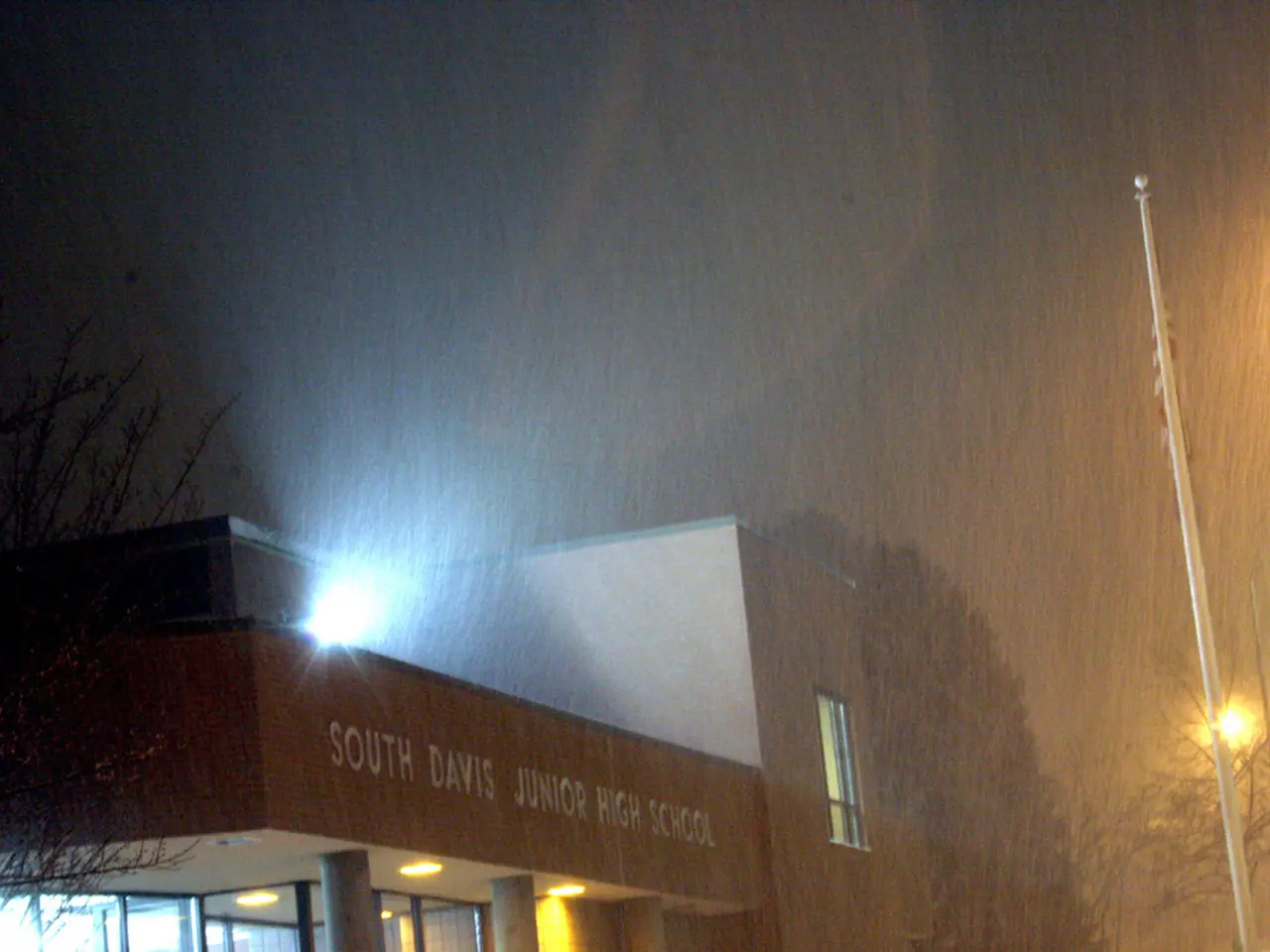Observatory Bergedorf's Progress in Rehabilitation Advancing Gradually
The Bergedorf Observatory, a scientific and cultural monument in Hamburg, Germany, has been a subject of concern for many years. Opened in 1912, predating the University of Hamburg, the observatory has been struggling with serious structural problems.
In July 2025, a new video camera for astronomical observation was installed as part of the European "AllSky7 Fireball Network". This development underscores the observatory's continued scientific relevance, despite its ongoing renovation challenges.
The observatory attracts around 40,000 visitors annually, and support associations and initiatives are working diligently to keep the site attractive to the public. They offer guided tours, lectures, and cultural events, aiming to maintain the observatory's appeal while it undergoes renovations.
However, the announced funding for the comprehensive preservation of the facility is barely sufficient. In 2019, 3.2 million euros were invested in the restoration of the Great Refractor, but many buildings and instruments are still in need of renovation. The SPD and Greens recently announced funding of 340,000 euros from the "Hamburg 2030" renovation fund and an additional 30,000 euros from the district for the Bergedorf Observatory.
The historic park surrounding the observatory is considered neglected, with the observatory's exterior featuring peeling paint, exposed masonry, and rusted metal domes. The rejection of the observatory's application for the status of a UNESCO World Heritage Site, twice, is a testament to the challenges in dealing with historical research facilities where high heritage protection requirements meet limited financial resources.
The observatory's condition has been a topic of criticism. Bezirksamtsleiterin Cornelia Schmidt-Hoffmann criticised previous efforts, stating that they had hardly produced any results. Representatives of the CDU faction have also criticised the university, science authority, and heritage protection for shifting responsibility without creating a coordinated solution.
Despite these challenges, the observatory remains scientifically active. Researchers work on topics such as gravitational waves or extrasolar planets, demonstrating the importance of preserving this historic site. A bicycle station is planned to be built in front of the main building, aiming to make the observatory more accessible to visitors.
Without a sustainable renovation strategy, the observatory risks becoming a permanent problem despite all the activities. It is crucial that efforts are made to address these issues and ensure the preservation of this valuable historical and scientific site for future generations.
Read also:
- Peptide YY (PYY): Exploring its Role in Appetite Suppression, Intestinal Health, and Cognitive Links
- Toddler Health: Rotavirus Signs, Origins, and Potential Complications
- Digestive issues and heart discomfort: Root causes and associated health conditions
- House Infernos: Deadly Hazards Surpassing the Flames








